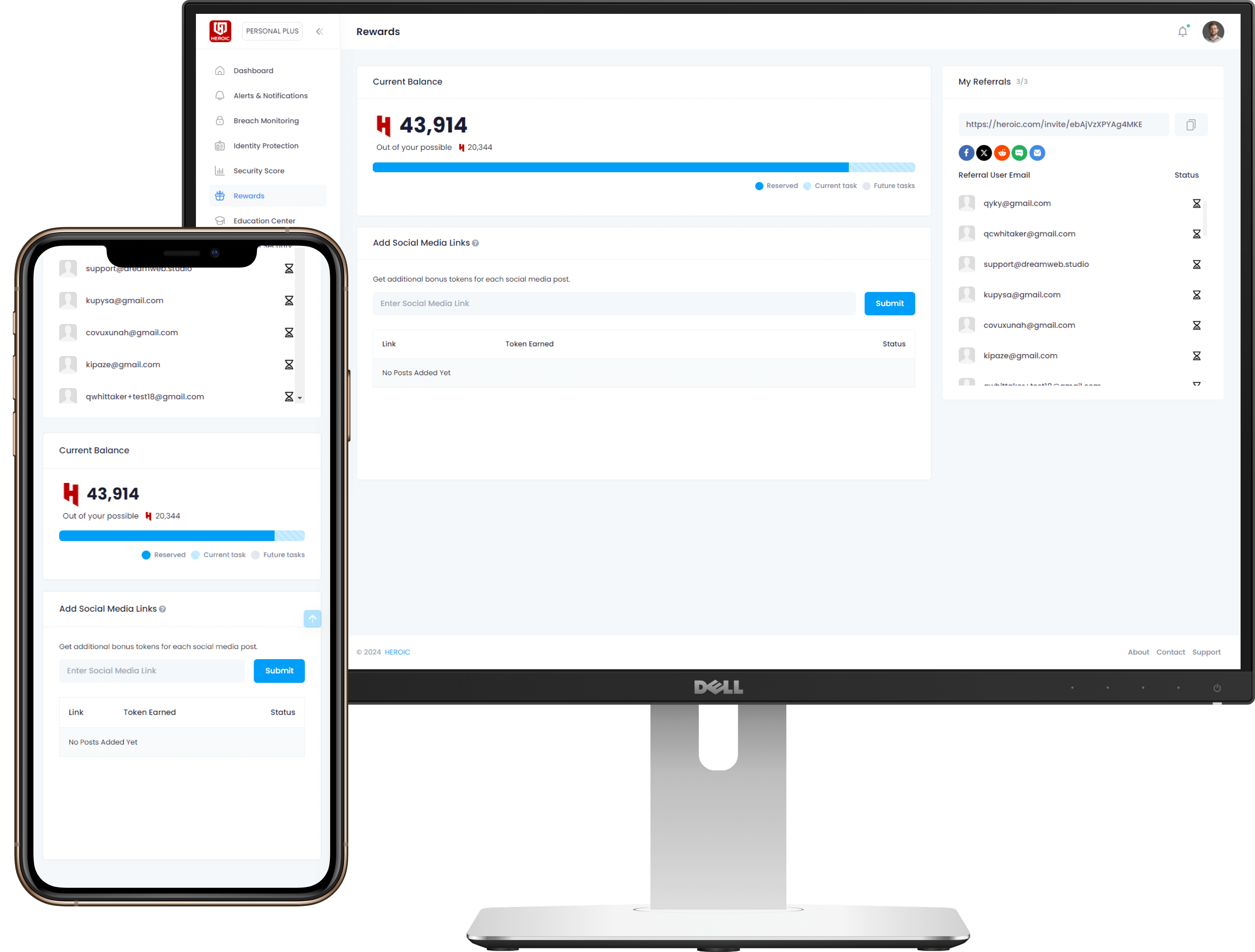As technology advances, the risk of cyber threats continues to increase, making cybersecurity more crucial than ever for startups. Hackers are always looking for new ways to access confidential information, and startups are a prime target due to their lack of resources and limited budgets. The consequences of a cybersecurity breach can be devastating for a startup, resulting in the loss of data, financial damage, and reputational harm. In this article, we will discuss the importance of cybersecurity for startups, the common threats they face, and steps they can take to stay secure.
The Importance of Cybersecurity for Startups
Understanding Cyber Threats
Cyber threats are constantly evolving, and startups must be aware of the latest threats to stay protected. Cyber threats can come in many forms, including phishing attacks, malware, social engineering attacks, insider threats, and third-party risks. Each type of threat requires a different approach to mitigate, and startups must have a plan in place to handle each one.
› Risks Faced by Startups
Startups face a unique set of risks when it comes to cybersecurity. Startups often lack the resources and budget to implement robust security measures, making them an easy target for hackers. Additionally, startups may not have the experience or knowledge necessary to identify and respond to cyber threats, further increasing their risk.
› Impact of Cybersecurity Breaches
The impact of a cybersecurity breach can be devastating for a startup. The loss of confidential information can lead to financial loss, reputational harm, and legal issues. A cybersecurity breach can also damage a startup’s relationship with its customers, vendors, and partners, causing long-term harm to the business.
Common Cybersecurity Threats and How to Mitigate Them
Knowing the threats that face your business
1. Phishing Attacks
Phishing attacks are one of the most common cybersecurity threats faced by startups. Phishing attacks involve the use of emails or websites to trick users into providing confidential information, such as usernames, passwords, or credit card details. To mitigate this threat, startups should educate their employees on how to identify and report phishing emails, use spam filters, and implement multi-factor authentication.
2. Malware Attacks
Malware attacks involve the use of malicious software, such as viruses or ransomware, to gain access to a startup’s systems or data. To mitigate this threat, startups should keep their software and systems updated with the latest security patches, use antivirus software, and implement network security measures such as firewalls.
3. Social Engineering Attacks
Social engineering attacks involve the use of psychological manipulation to trick users into divulging confidential information. These attacks can come in many forms, such as pretexting or baiting. To mitigate this threat, startups should educate their employees on how to identify and report social engineering attacks and implement policies to restrict access to sensitive information.
4. Insider Threats
Insider threats involve the use of internal resources, such as employees or contractors, to gain access to a startup’s systems or data. To mitigate this threat, startups should implement access controls and monitor user activity for signs of suspicious behavior.
5. Third-Party Risks
Third-party risks involve the use of external vendors or partners to gain access to a startup’s systems or data. To mitigate this threat, startups should implement vendor management policies and conduct due diligence on any third-party vendors or partners.
Steps to Implement a Strong Cybersecurity Framework
Implement a strong cybersecurity framework by following these steps:
1. Conduct a Risk Assessment
A risk assessment involves identifying potential threats and vulnerabilities to a startup’s systems and data. This assessment should be used to inform the development of a cybersecurity strategy and to prioritize security measures.
2. Develop Security Policies and Procedures
Security policies and procedures should outline the specific steps that employees should take to protect the startup’s systems and data. These policies should cover topics such as password management, data backup, and incident response.
3. Train Employees on Cybersecurity Awareness
Employees should be educated on the importance of cybersecurity and how to identify and respond to potential threats. This training should be ongoing and cover topics such as phishing attacks, malware, and social engineering attacks.
4. Monitor and Update Security Measures
Startups should regularly monitor their systems and update their security measures as necessary. This includes implementing the latest security patches, updating antivirus software, and monitoring user activity for signs of suspicious behavior.
Cybersecurity Best Practices for Startups
To stay secure, startups should follow these cybersecurity best practices:
1. Use Strong Passwords and Multi-Factor Authentication
Employees should use strong passwords and multi-factor authentication to protect their accounts from unauthorized access.
2. Keep Software and Systems Updated
Startups should keep their software and systems updated with the latest security patches to protect against known vulnerabilities.
3. Backup Data Regularly
Startups should backup their data regularly to protect against data loss in the event of a cybersecurity breach or system failure.
4. Restrict Access to Sensitive Data
Access to sensitive data should be restricted to only those employees who need it to perform their job duties. This can be achieved through the use of access controls and user permissions.
Conclusion
In today’s digital age, cybersecurity is more important than ever for startups. Startups must be aware of the latest cyber threats and take steps to protect their systems and data. By implementing a strong cybersecurity framework and following cybersecurity best practices, startups can stay secure and protect themselves from potential threats.
FAQs
- What is the most common cyber threat faced by startups?
Phishing attacks are one of the most common cyber threats faced by startups.
- What is a risk assessment?
A risk assessment involves identifying potential threats and vulnerabilities to a startup’s systems and data.
- What are some best practices for startups to stay secure?
Startups should use strong passwords and multi-factor authentication, keep their software and systems updated, backup data regularly, and restrict access to sensitive data.
- What is the impact of a cybersecurity breach on a startup?
The impact of a cybersecurity breach on a startup can be devastating, leading to the loss of data, financial damage, and reputational harm.
- How can startups mitigate the risk of insider threats?
Startups can mitigate the risk of insider threats by implementing access controls, monitoring user activity, and conducting regular security audits.
In conclusion, startups must prioritize cybersecurity in today’s digital age to protect their systems and data. By following the best practices outlined in this article and implementing a strong cybersecurity framework, startups can stay secure and mitigate the risk of potential cyber threats.









/qr-code.png)